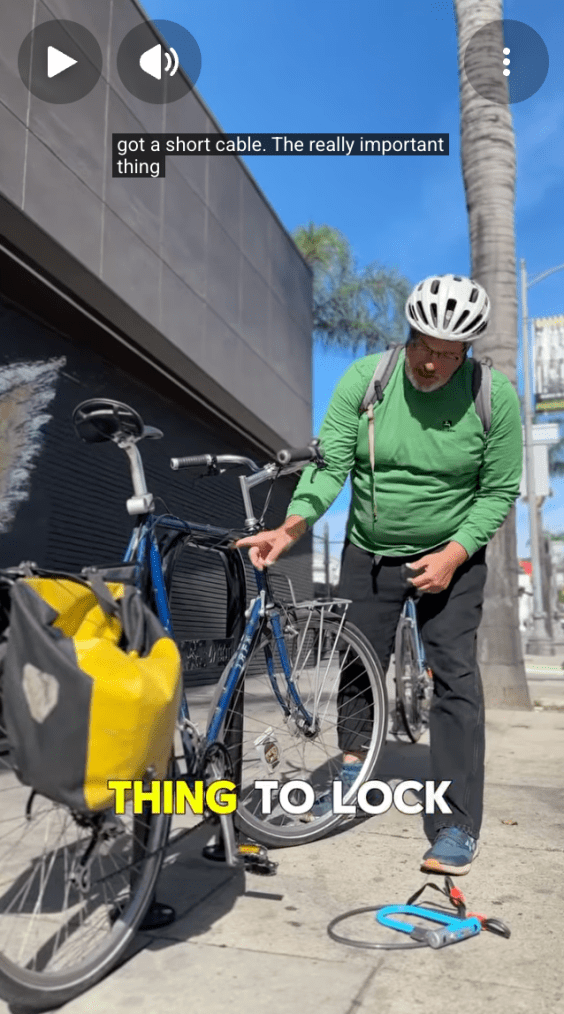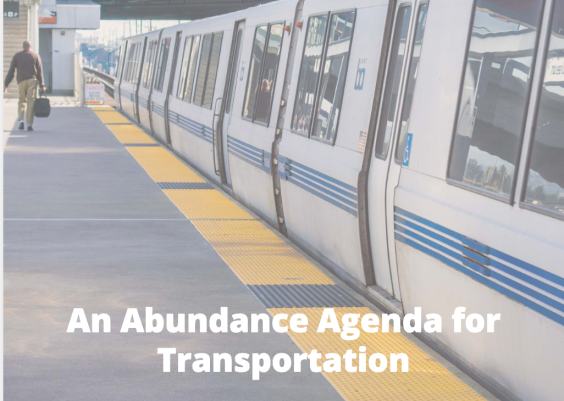Congressional deficit anxiety, always running high amid conservative Democrats, is reaching something of a fever pitch
this week -- while the White House prepares to ask most federal
agencies for two alternative budgets for the fiscal year that begins
next fall: one that freezes spending and one with a 5 percent cut.
 U.S. DOT headquarters (Photo: Capitol Riverfront)
U.S. DOT headquarters (Photo: Capitol Riverfront)The Wall Street Journal has the details, as part of a larger report on the Obama administration's internal debate over whether to set aside unspent financial bailout money for deficit reduction:
The White House is in the early stages of considering what biggermoves it might make for next year's budget. The Office of Managementand Budget has asked all cabinet agencies, except defense and veteransaffairs, to prepare two budget proposals for fiscal 2011, which beginsOct 1, 2010. One would freeze spending at current levels. The otherwould cut spending by 5%.
OMB is also reviewing a host of tax changes. The President'sEconomic Recovery Advisory Board will submit tax-policy options by Dec.5, including simplifying the tax code and revamping the corporate taxcode.
Matt Yglesias tackles
the political motivations behind the administration's efforts to
project fiscal hawkishness while weighing new initiatives to combat
rising joblessness ("without increasing the deficit").
But the signals of coming budget austerity at non-military federal
agencies is another huge story in itself, and one that's bound to have
significant implications for transportation policy.
The U.S. DOT made a budget request of $73.2 billion for fiscal year (FY) 2010, which began in October, compared with
$68.2 billion during the final year of the Bush administration (FY
2009) and $70.3 billion in FY 2008. According to that data, a 5 percent
cut would leave the agency's request above its FY 2009 level.
Once
budget requests are forwarded to Capitol Hill, lawmakers get the final
word on setting agency spending levels. But the administration's move
-- which comes as more states face budget crises and find
themselves at risk of losing federal matching funds for transportation
-- suggests that a spending freeze may indeed be the best case scenario.





